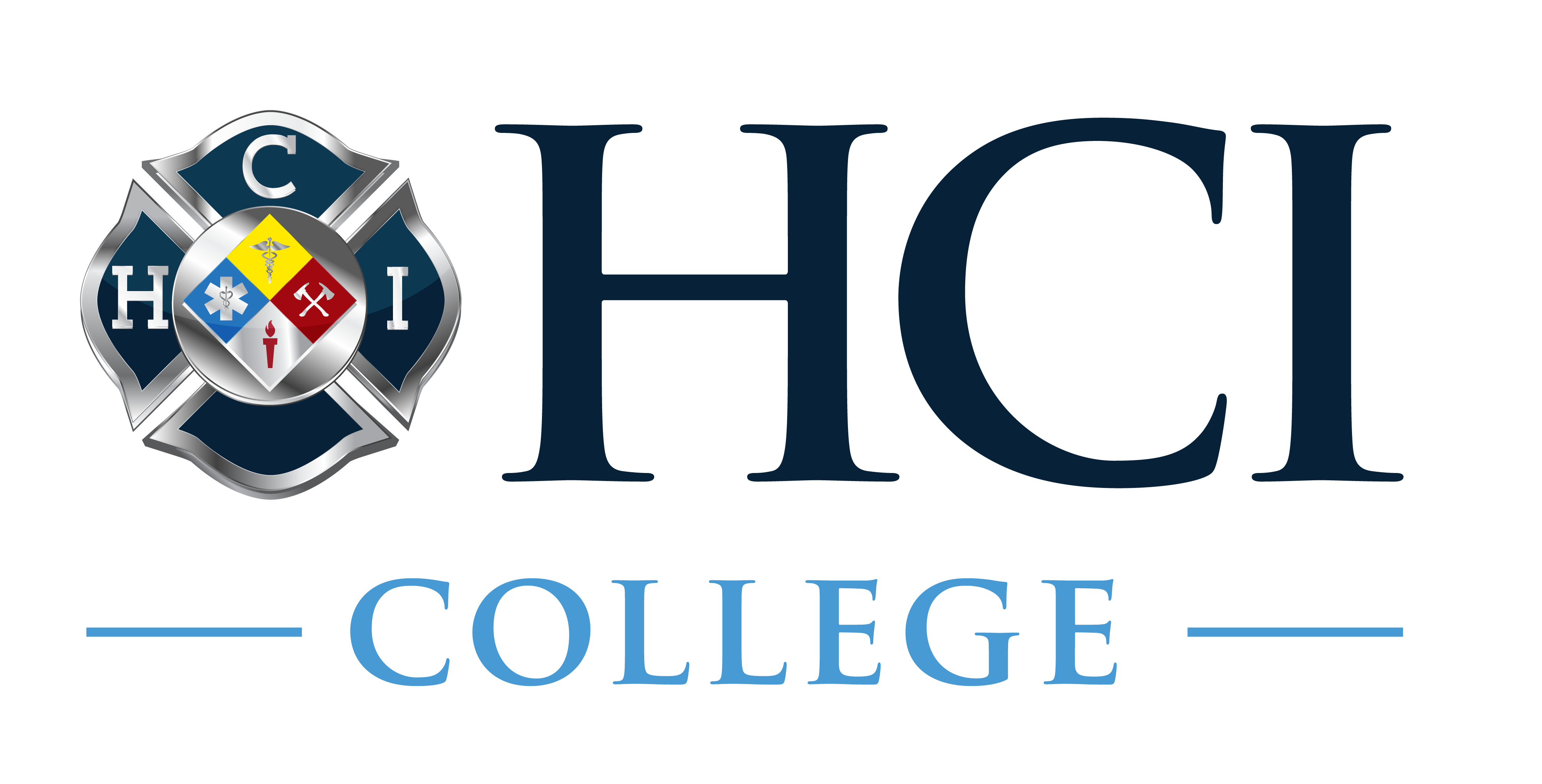What Aspiring Nurses Need to Know About the Industry’s Job Outlook
Being a nurse today is drastically different from being a nurse 20 years ago. Chalk it up to the constantly evolving technology and changing nature of job responsibilities of the profession.
Nursing is a field that is constantly shifting—driven by trends and current events as well as advances in technology and scientific research. If you’re an aspiring nurse looking to understand your prospects in this industry, it’s important to know how you can effectively navigate this field given its evolving nature.
Here are some key things you need to know about the nursing industry’s job outlook:
1. Job Prospects and Growth in Nursing
The growing demand for health professionals, including nurses in the U.S., is prompted by an aging Baby Boomer population who need expert and efficient care. This means the job opportunities for nurses are expected to keep up with the demand. According to the U.S. Bureau of Labor Statistics, registered nurses are expected to grow seven percent faster than average through 2029.
Additionally, as the world continues to manage the pandemic, demand for skilled and experienced nurses will continue to rise. According to the World Health Organization, the world will require six million more nurses to achieve global development health goals.
2. Lucrative and Long-Term Career Opportunities
While the starting salary and average pay of nurses will vary based on numerous factors such as educational background, experience and skill level, or even location, it’s a field that continues to experience generous growth. Simply getting your foot in the door of the nursing industry can pave the way for a long and thriving career in the healthcare industry.
Given the optimistic growth projections in the nursing industry, it makes sense for the profession to also see lucrative compensation and long-term career opportunities. According to statistics, the projected five-year average annual salary of registered nurses (from 2018 to 2023) is poised to increase by 10 percent. The average median salary for RNs, based on the BLS Occupational Outlook Handbook released in 2019 is pegged at $71,730, while the highest earning 10% of nurses earn over $106,530 annually.
3. Hiring Trends and Educational Requirements
Keep in mind as well that constantly changing times and advancing technologies will prompt new nursing responsibilities as well as educational requirements. As educational expectations for nurses increase, aspiring nurses should focus on finding educational opportunities that deliver the right level of training and skill they need to stand out as they enter the workforce.
Following hiring trends, employers are looking at nursing candidates with strong education and training as a foundation. Fortunately, there are numerous paths that an aspiring nurse can take towards becoming one. From vocational nursing to practical nursing and earning your BSN to become a registered nurse, there’s a program that offers ample training and experience to boost your hiring prospects.
4. Fastest Growing Nursing Specialties
There are numerous nursing specialties that aspiring nurses can focus on. Fortunately, this means there’s likely a specialization out there that can fit every interest as you work to complete your training. Nursing specialties that are expected to see the fastest growth include Registered Nurses, which s poised to open 221,900 jobs through 2029; Certified Registered Nurse Anesthetist (CRNA), which is one of the highest paying nursing specialties; Clinical Nurse Specialists (CNS), with graduates often serving leadership roles and earning an average of $90,000 a year; and Critical Care Nurses, where rising demand across different geographic locations is prompting consistent job growth.
5. Stronger Focus on Self-Care
While this is one aspect of the future of nursing that is hardly put in the spotlight, the importance of self-care for nurses who are tasked to deliver top-notch care for their patients is critical. Due to the pandemic, the need for nurses to take better care of themselves is gaining more attention. Demand for nurses may be increasing, but many of the vacancies in the industry are prompted by burnout as well, especially with the continuous demand for their services given today’s current events.
That said, more employers are implementing programs to help nurses focus on self-care so they can deliver excellent care. Promoting the health and safety of nurses is going to be top priority so they can offer compassionate care to patients with sincere empathy, guarantee a higher quality of care, and minimize turnover.
Many aspiring healthcare workers are driven to become nurses prompted by an inherent desire to help and make a real difference in their patients’ lives. However, it certainly helps to know that your desire to help can also reap great rewards. Fortunately, long-term career prospects, access to lucrative job opportunities, or being part of an industry that is poised to see consistent growth are just some of the perks that you gain given nursing’s promising job outlook. If you want to pursue your passion to help and prepare yourself for a career in nursing, check out HCI’s path to becoming a nurse via our specialized programs.















